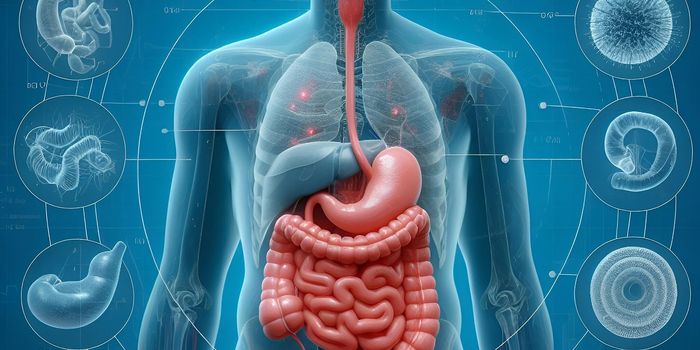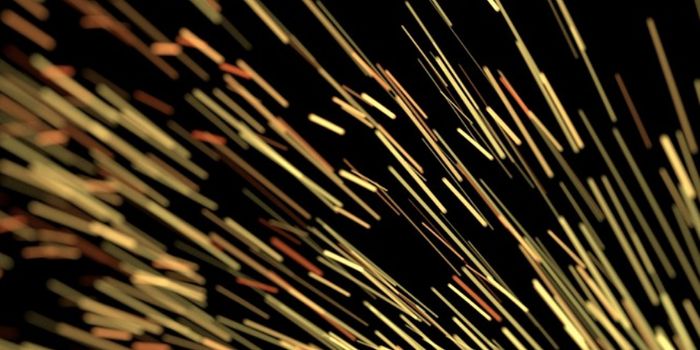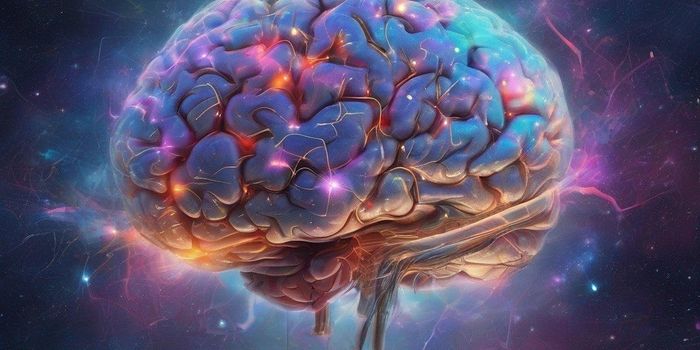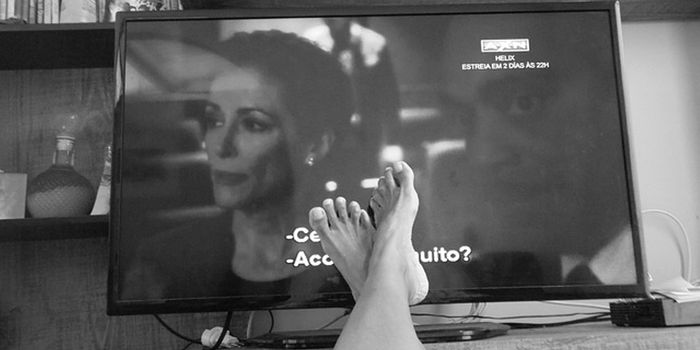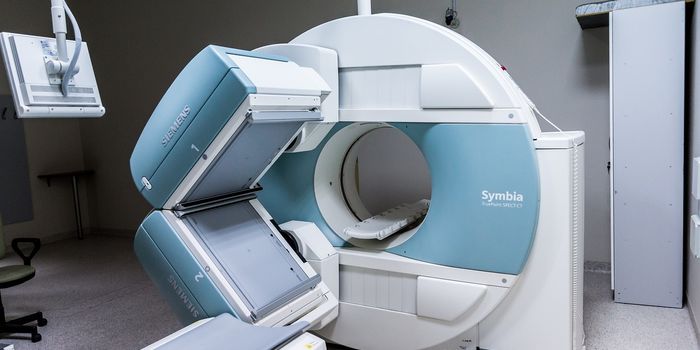Personalized Cancer Vaccine Showing Promise in Treating Melanoma and Ovarian Cancer
Cancer vaccines have been around for decades, but a unique neoantigen vaccine called NeoVax is giving researchers new hope that this technology could soon be more widely available. Since cancer cells are unique from person to person, personalized medicine is especially promising for cancer treatments. For NeoVax, a patient’s own cancer cells are harvested to create the personalized vaccine.
From the cancer cells, small protein fragments called “peptides” are mixed with a compound called poly-ICLC that activates the immune system. Poly-ICLC works by binding to proteins on the surface of certain immune cells, making it appear as if a virus is present and in turn triggering the immune system to attack the cancer cells specific to the patient’s body. When the personalized vaccine is administered, the immune system creates anti-tumor T-cells, a type of white blood cell that fights inflammatory and autoimmune diseases.
In one study, the researchers administered the personalized vaccines to eight high-risk melanoma patients enrolled in a clinical trial and found that the immune response triggered by the vaccine lasted for years. After four years, all eight patients remained alive, and six had no evidence of active disease.
The NeoVax vaccine is also being tested for safety and feasibility in Ovarian cancer. Researchers are hopeful that this technology will be effective in treating Ovarian cancer patients given the complexity of this type of cancer.
To create the personalized NeoVax vaccine, researchers must first determine which mutations are present in a patient’s tumor. This involves sequencing the tumor’s DNA and analyzing those results. Next, the researchers must manufacture a vaccine for the patient. Manufacturing the vaccines are still costly and time consuming. Still, the researchers hope that with the right technology, costs can be reduced, and the vaccine can be manufactured within a few days instead of the few weeks that it currently takes.
Sources: Nature Medicine, Cancer Discovery, Defense Technical Information Center

